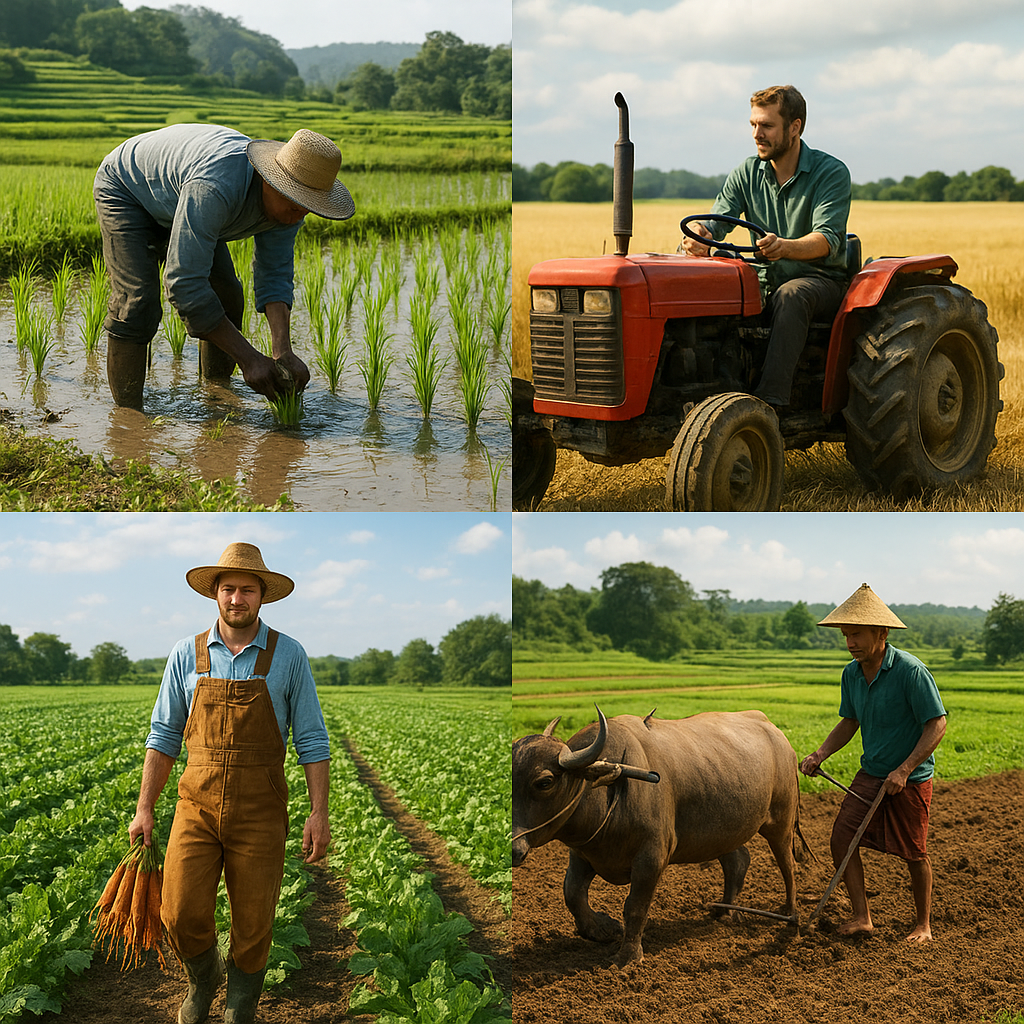Vaccination plays a crucial role in poultry health management, serving as a cornerstone for disease prevention and control in the poultry industry. This article delves into the significance of vaccination, the types of vaccines used, and the strategies for effective implementation in poultry farms.
Importance of Vaccination in Poultry Health
Vaccination is an essential tool in the arsenal of poultry health management. It helps in preventing the outbreak of infectious diseases, which can have devastating effects on poultry populations and the economic viability of poultry farms. By immunizing birds against specific pathogens, vaccination reduces the incidence of disease, improves overall flock health, and enhances productivity.
One of the primary benefits of vaccination is the reduction in mortality rates. Diseases such as Newcastle disease, avian influenza, and infectious bronchitis can cause significant losses in poultry populations. Vaccination helps in building immunity within the flock, thereby reducing the likelihood of disease outbreaks and subsequent mortality.
Moreover, vaccination contributes to the overall well-being of the birds. Healthy birds are more productive, laying more eggs and growing faster. This translates to better economic returns for poultry farmers. Additionally, vaccination reduces the need for antibiotics and other medications, promoting a more sustainable and environmentally friendly approach to poultry farming.
Types of Vaccines Used in Poultry
There are several types of vaccines used in poultry health management, each designed to target specific diseases. These vaccines can be broadly categorized into live attenuated vaccines, inactivated vaccines, and recombinant vaccines.
Live Attenuated Vaccines
Live attenuated vaccines contain weakened forms of the pathogen that are capable of inducing an immune response without causing the disease. These vaccines are highly effective and provide long-lasting immunity. Examples include vaccines for Newcastle disease and infectious bronchitis. Live attenuated vaccines are often administered through drinking water, spray, or injection.
Inactivated Vaccines
Inactivated vaccines contain killed pathogens that cannot cause disease. These vaccines are safe and stable, making them suitable for use in various environmental conditions. Inactivated vaccines are typically administered through injection. Examples include vaccines for avian influenza and fowl cholera. While they may require booster doses to maintain immunity, they are an important component of comprehensive vaccination programs.
Recombinant Vaccines
Recombinant vaccines are developed using genetic engineering techniques. They contain specific antigens from the pathogen, which stimulate an immune response without the need for the whole pathogen. These vaccines offer high specificity and safety. An example is the recombinant vaccine for Marek’s disease. Recombinant vaccines are often administered through injection and are becoming increasingly popular due to their precision and effectiveness.
Strategies for Effective Vaccination
Implementing an effective vaccination program requires careful planning and execution. Several factors need to be considered to ensure the success of the vaccination efforts.
Proper Timing and Dosage
Timing is critical in vaccination. Birds should be vaccinated at the appropriate age to ensure optimal immune response. For instance, some vaccines are administered to chicks within the first few days of life, while others are given at later stages. Additionally, the correct dosage must be administered to achieve the desired immunity. Under-dosing can lead to inadequate protection, while over-dosing can cause adverse reactions.
Storage and Handling
Vaccines must be stored and handled properly to maintain their efficacy. Most vaccines require refrigeration and should be kept at the recommended temperature until use. Exposure to heat, light, or freezing can degrade the vaccine, rendering it ineffective. Proper handling also includes using sterile equipment and following manufacturer guidelines for reconstitution and administration.
Monitoring and Record-Keeping
Monitoring the health of the flock post-vaccination is essential to assess the effectiveness of the vaccination program. Regular health checks and serological testing can help identify any issues and ensure that the birds have developed the desired immunity. Keeping detailed records of vaccination schedules, dosages, and any adverse reactions is also crucial for tracking the success of the program and making necessary adjustments.
Challenges and Future Directions
Despite the benefits, vaccination in poultry health management faces several challenges. One of the primary challenges is the emergence of new and evolving pathogens. Continuous research and development are needed to create vaccines that can effectively combat these emerging threats. Additionally, there is a need for vaccines that provide broader protection and require fewer doses.
Another challenge is the accessibility and affordability of vaccines, especially for small-scale poultry farmers. Efforts should be made to ensure that vaccines are available and affordable to all poultry farmers, regardless of the size of their operations. This can be achieved through government support, subsidies, and public-private partnerships.
Looking ahead, advancements in biotechnology and vaccine delivery systems hold promise for the future of poultry vaccination. Innovations such as needle-free delivery methods, oral vaccines, and vaccines that provide cross-protection against multiple diseases are being explored. These advancements have the potential to revolutionize poultry health management and further enhance the sustainability and productivity of the poultry industry.
Conclusion
Vaccination is a vital component of poultry health management, offering protection against a range of infectious diseases and contributing to the overall well-being and productivity of poultry flocks. By understanding the importance of vaccination, the types of vaccines available, and the strategies for effective implementation, poultry farmers can ensure the health and success of their operations. As the industry continues to evolve, ongoing research and innovation will play a key role in addressing challenges and advancing the field of poultry vaccination.









